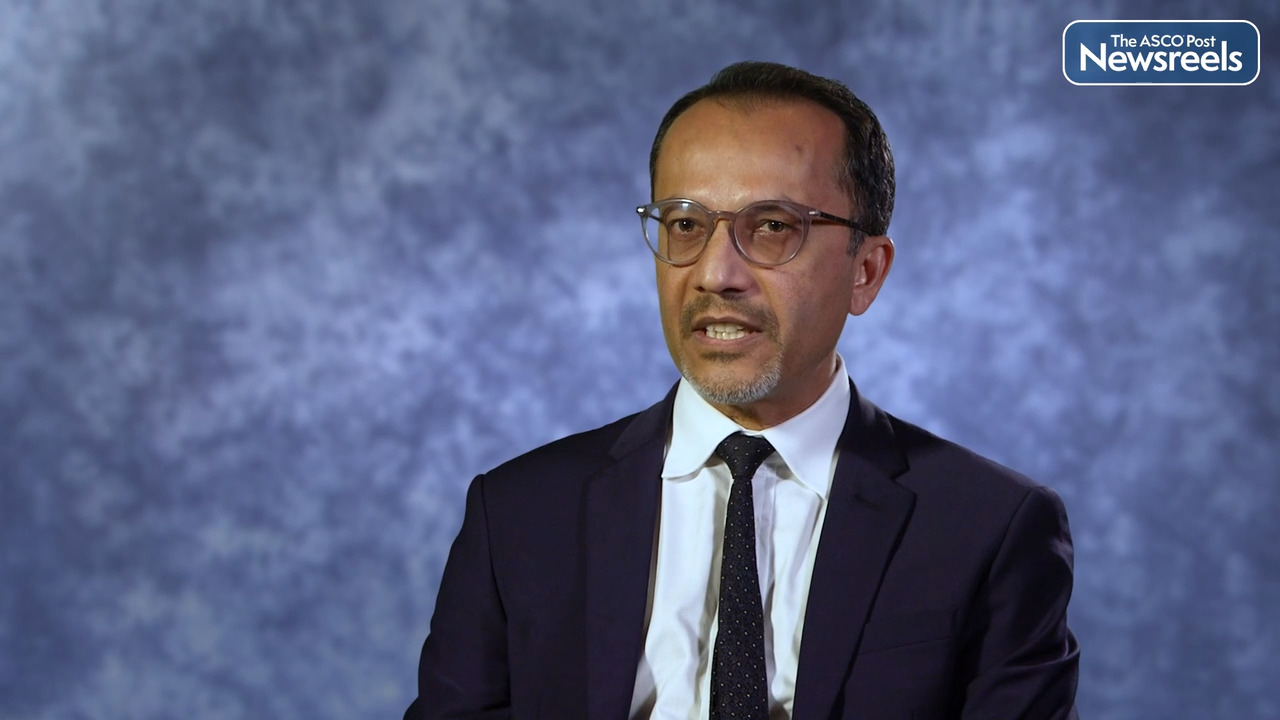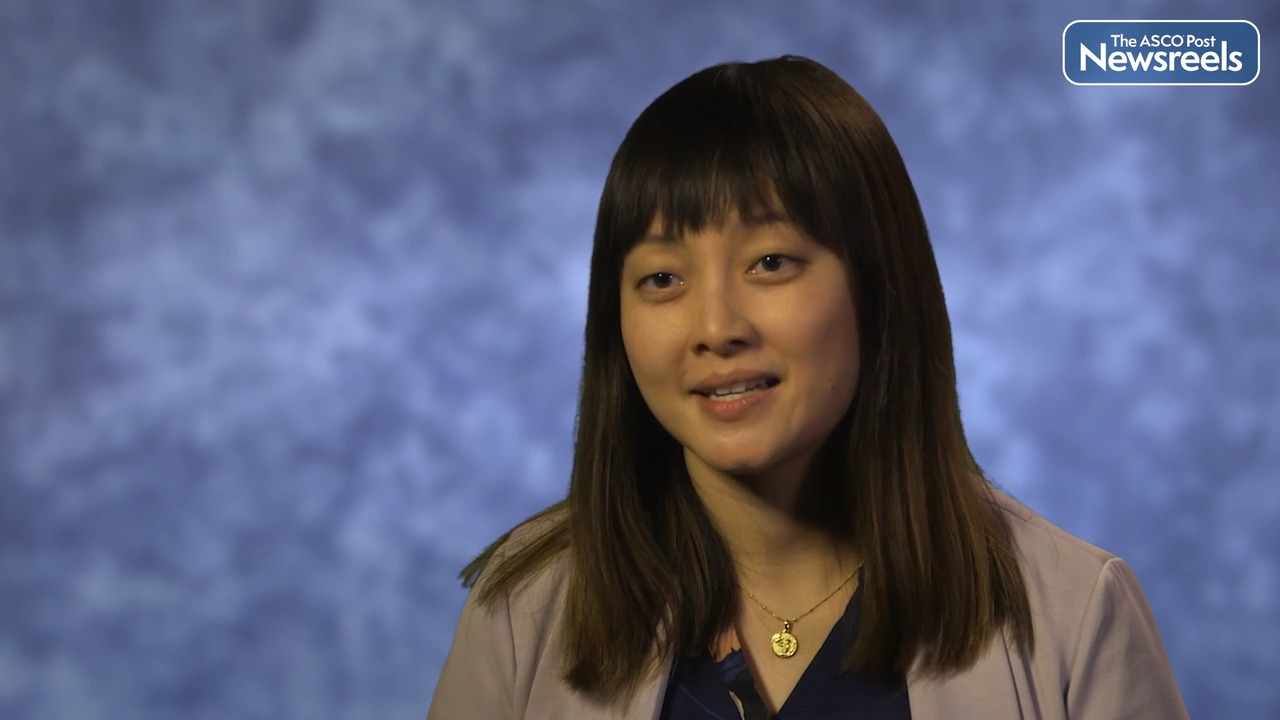Electra D. Paskett, PhD, on Social Stresses and Cancer Treatment: An Expert Perspective
AACR Annual Meeting 2022
Electra D. Paskett, PhD, of The Ohio State University, discusses various factors that may contribute to cancer such as socioeconomic status, discrimination, violence, and access to health care. When clinicians identify these factors and intervene with access to services, it may be possible to improve outcomes for their patients (Abstract SY33).
The ASCO Post Staff
Nickolas Papadopoulos, PhD, of the Sidney Kimmel Comprehensive Cancer Center, discusses early detection as the key to reducing cancer mortality and the lack of tests for many malignancies. Liquid biopsies have the potential to screen for various tumor types, albeit with varying levels of sensitivity. Dr. Papadopoulos discusses his research on such blood tests, following patients prospectively to find the best combination of genetic and epigenetic biomarkers to increase sensitivity (Abstract PL02).
The ASCO Post Staff
Klaus Pantel, MD, of the University Medical Center Hamburg-Eppendorf, discusses liquid biopsy technologies and biomarkers, with a focus on circulating tumor cells and circulating tumor DNA; clinical applications such as early detection of cancer, improved staging, and surveillance of measurable residual disease; and how best to detect and monitor response to systemic therapies, as well as ways to identify therapeutic targets and resistance mechanisms (Abstract SY08).
The ASCO Post Staff
Gulam A. Manji, MD, PhD, of Columbia University Medical Center, discusses phase II results on perioperative combination chemotherapy and pembrolizumab in patients with resectable gastric cancer. The combination appeared to result in many complete pathologic responses (Abstract CT009).
The ASCO Post Staff
Cheryl L. Willman, MD, of the Mayo Clinic Comprehensive Cancer Center, discusses the profound cancer health disparities among Native Americans, exacerbated by low rates of screening and limited access to care. Dr. Willman is heading an effort to promote community engagement in comprehensive genomic sequencing with the hope that researchers will discover novel mutations and genome-wide mutational signatures that can ultimately be translated to improved screening and therapy in this population (Abstract PL03).
The ASCO Post Staff
Jia Luo, MD, of Dana-Farber Cancer Institute, discusses the emerging class of cancer therapies for allele-specific KRAS inhibitors and the importance of their distinct clinical, genomic, and immunologic features. Because KRAS G12D–mutated non–small cell lung cancer is associated with worse responses to immunotherapy, Dr. Luo believes drug development will need to take these differences into account (Abstract 4117).





